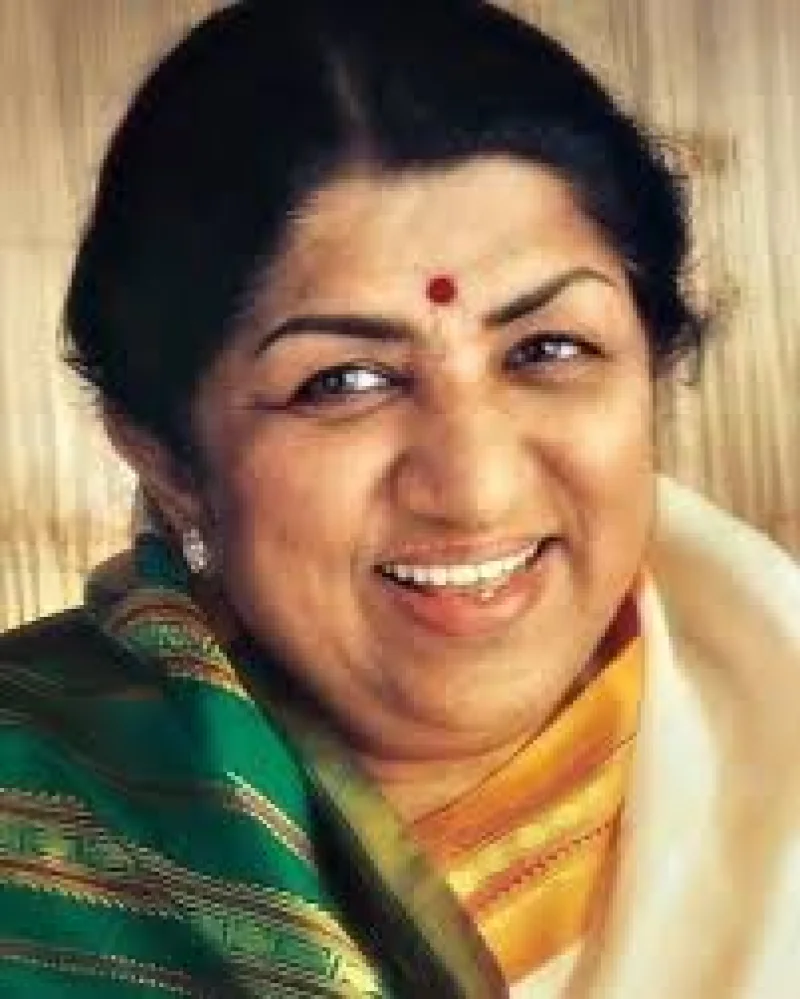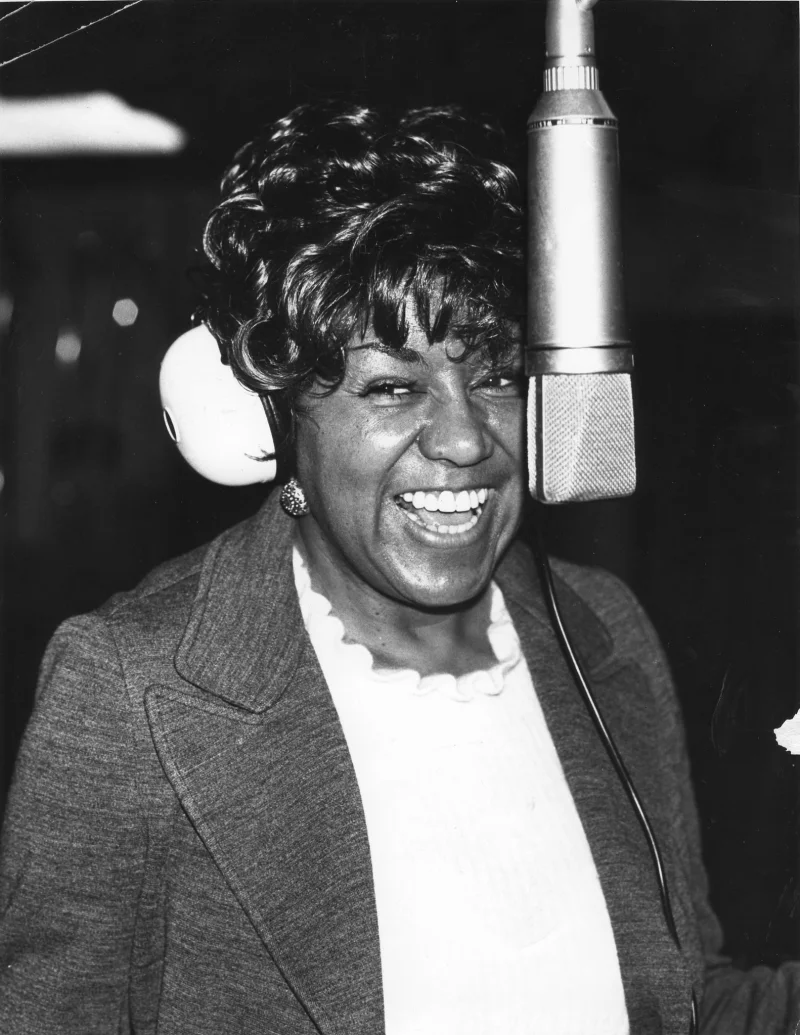Short Summary
Lata Mangeshkar was an iconic Indian playback singer, renowned for her unparalleled contribution to Indian music. With a career spanning over seven decades, she became one of the most recorded voices in history. Her melodious voice graced thousands of songs across numerous Indian languages, earning her titles such as "Nightingale of India." Her legacy is marked by numerous national and international awards, and she remains a symbol of musical excellence and cultural pride in India.
Early Life & Education
Lata Mangeshkar was born on September 28, 1929, in Indore, Madhya Pradesh, into a Marathi-speaking family with a rich musical heritage. Her father, Pandit Deenanath Mangeshkar, was a classical singer and theater actor, who played a significant role in her early exposure to music. She was the eldest of five siblings, all of whom pursued careers in music. Although she did not receive formal education in a traditional sense, she was educated in music from a young age, primarily tutored by her father. Her early life was marked by financial struggles following her father's death, which led her to take up singing and acting to support her family.
Career Highlights
Lata Mangeshkar began her career in the 1940s, initially struggling to establish herself in the industry. Her breakthrough came with the song "Aayega Aanewaala" from the film Mahal (1949), which catapulted her to fame. Over the years, she worked with every major music director and lent her voice to leading actresses in countless films. Her versatility and emotive singing style made her the most sought-after playback singer in Indian cinema. She collaborated with legendary composers like S.D. Burman, R.D. Burman, and Laxmikant-Pyarelal, contributing to memorable soundtracks that defined an era.
Major Achievements
- Received the Bharat Ratna, India's highest civilian award, in 2001 for her contributions to Indian music.
- Won the National Film Award for Best Female Playback Singer three times, showcasing her exceptional talent.
- Recorded songs in over 36 languages, illustrating her linguistic versatility and widespread appeal.
- Entered the Guinness Book of World Records as the most recorded artist, with thousands of songs to her credit.
- Honored with the Dadasaheb Phalke Award in 1989, recognizing her lifetime contribution to Indian cinema.
Famous Quotes
- "I believe in destiny and the philosophy that what's meant to be will be."
- "Music is the only way I know to express what I feel."
Interesting Facts
- Lata Mangeshkar was once banned from singing by All India Radio for a brief period during her early career.
- She was a cricket enthusiast and a devoted fan of the Indian cricket team.
- Composers would often tailor songs to suit her vocal range, highlighting her influence in the industry.
- She composed music for a few Marathi films under the pseudonym "Anand Ghan."
- Her song "Ae Mere Watan Ke Logon" moved Prime Minister Jawaharlal Nehru to tears.
Legacy / Influence
Lata Mangeshkar's legacy is indelible in the history of Indian music. Her voice became synonymous with the golden era of Bollywood, and her influence extended beyond music to become a symbol of national pride. Generations of singers have cited her as an inspiration, and her work continues to be celebrated across the globe. Her contributions have set a benchmark for excellence in playback singing, ensuring her place as an enduring icon in the cultural landscape of India.
FAQ
Q: Why is Lata Mangeshkar famous?
A: She is famous for being one of the greatest playback singers in Indian cinema, with a career spanning over seven decades and thousands of recorded songs.
Q: What is Lata Mangeshkar's most famous song?
A: One of her most famous songs is "Aayega Aanewaala" from the film Mahal (1949).
Q: How did Lata Mangeshkar begin her career?
A: She began her career in the 1940s, initially singing and acting to support her family after her father's death.











